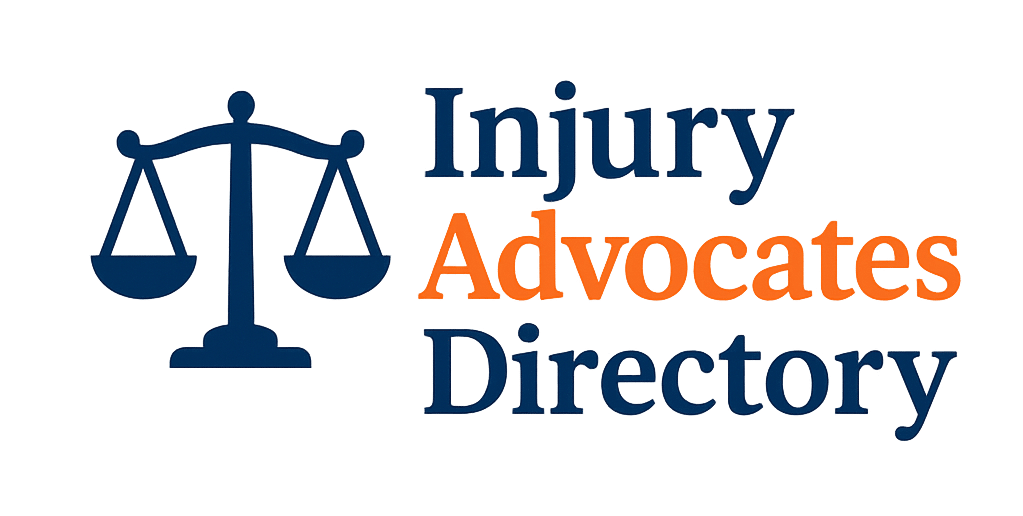Handling medical bills after a car accident can be overwhelming. Various factors influence who is responsible for these expenses, including insurance policies and the circumstances of the accident. Understanding your options is crucial to ensure you receive the medical care you need without incurring excessive debt.
This guide examines the various aspects of medical bills following a car accident, providing clarity on who pays, what steps to take, and how to maximize your recovery.
How are medical bills paid after a car accident?
After a car accident, medical bills can be paid through various methods, depending on insurance coverage and state laws. Understanding your options is essential for managing costs effectively.
In many cases, insurance companies will cover medical expenses related to the accident. This can include hospital bills, rehabilitation costs, and other medical treatments. However, the specifics may vary based on whether the state follows a no-fault insurance system or traditional liability rules.
In a no-fault state, your own insurance typically covers your medical bills, regardless of who was at fault. This means that filing a no-fault insurance claim may be your first step in obtaining coverage for your medical expenses.
- Health insurance may also play a role, assisting with immediate care costs.
- Liens can be negotiated with medical providers, allowing you to pay them from settlement proceeds.
- Settlements can cover medical expenses if fault is established and compensation is awarded.
Who pays medical bills after a car accident?
The question of who pays medical bills after a car accident often depends on several factors, including state laws and insurance policies. In no-fault states, your own insurance covers the costs, while in liability states, the at-fault party's insurance may be responsible.
It is crucial to gather all relevant information following an accident. This includes obtaining contact details from witnesses and ensuring that you have all necessary medical documentation. This information can be vital when filing claims.
If you have health insurance, it may help cover some or all of your medical expenses. In such cases, your insurer might seek reimbursement from the at-fault driver’s insurance if they end up paying for your medical bills.
What if my medical bills are more than my settlement?
One common concern among accident victims is whether they will face higher medical bills than the settlement they receive. Understanding your rights is crucial in this situation.
If your medical bills exceed your settlement amount, you may still be responsible for paying those bills. However, negotiating with medical providers can sometimes lead to reduced payments or payment plans to alleviate the financial burden.
Additionally, consider speaking with a personal injury attorney. They can provide guidance on whether you might pursue further compensation based on the circumstances of your accident, especially if permanent injuries are involved.
Does the at-fault driver pay for medical bills?
In a typical liability situation, the at-fault driver is responsible for the other party’s medical bills. This is usually done through their insurance company. However, the process can be complicated and may take time.
If the at-fault driver is uninsured or underinsured, you may need to rely on your own uninsured motorist coverage, if you have it. This coverage can help pay for medical expenses when the at-fault driver cannot.
Keep in mind that the insurance company may require documentation of all medical treatments and bills. Failing to provide adequate information may delay or hinder your compensation.
Will the insurance company send me a check for my medical bills?
Once a claim is approved, many insurance companies will send a check directly to the medical providers rather than to the injured party. This ensures that the medical bills are paid promptly.
In some cases, the insurance company may also reimburse you for out-of-pocket expenses related to your medical care. It's essential to keep detailed records of all medical expenses incurred from the accident.
Understanding the claims process can help facilitate quicker payment. Always communicate with your insurance adjuster to clarify any questions regarding payments.
Who gets the insurance check for my medical bills?
Generally, the insurance check for medical bills is sent directly to the medical provider. However, if you have already paid for the medical services out of pocket, you may receive reimbursement from the insurance company.
It's important to be aware of how your health insurance and car insurance interact. If your health insurance pays first, they may later seek reimbursement from the auto insurance company. This is known as subrogation.
Your personal injury attorney can help ensure that any checks received are properly allocated and that you are not left with unpaid medical debts.
How can I maximize my settlement recovery for medical bills?
To maximize your settlement recovery for medical bills, follow these tips:
- Document everything: Keep records of all medical treatments, bills, and related expenses.
- Seek legal counsel: A personal injury attorney can help you navigate the complex claims process.
- File promptly: Ensure that you file all claims on time to avoid missing out on potential compensation.
- Negotiate: Don’t hesitate to negotiate with medical providers and insurance companies to reduce bills and maximize your settlement.
Taking these steps can significantly improve your chances of recovering the full amount of your medical expenses and ensuring that you receive fair compensation for your injuries.
Questions related to managing medical bills after a car accident
What if my medical bills are more than my settlement?
If your medical bills exceed your settlement, you may be responsible for any remaining balance. However, it's important to communicate with your medical providers and see if they offer payment plans or discounts. Additionally, exploring further legal options with an attorney can help you understand if there are further avenues to pursue for compensation.
What's the difference between bodily injury and medical payments?
Bodily injury coverage pays for the injuries you cause to others in an accident, while medical payments coverage can cover your own medical expenses, regardless of fault. Understanding the differences can help you make better decisions regarding your insurance policies and how they apply after an accident.
How much are medical bills after a car accident?
The costs can vary widely based on the severity of the injuries and the type of treatment required. Basic emergency care can start at a few thousand dollars, while more extensive treatment like surgeries or rehabilitation can run into tens of thousands. It's crucial to keep a comprehensive record of all medical expenses to present during negotiations.
How are medical bills paid after a car accident in Texas?
In Texas, the process typically involves filing a claim with your insurance or the at-fault driver's insurance. Texas is a fault state, meaning the at-fault party's insurance should cover medical costs. However, if you have health insurance, utilizing it can help cover costs while claims are being processed.
For further insights, you may find this video helpful:

